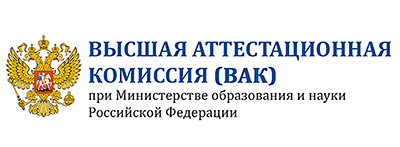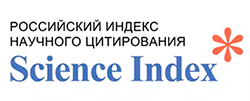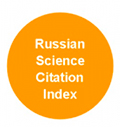Policies and trends in acquiring citizenship of the Russian Federation in 1992-2013
Abstract
The paper focuses on the changes in the Russian citizenship law within the period from 1992 until 2013. An analysis demonstrates their impact on the dynamics of the flow of naturalized foreigners according to countries of previous citizenship and reasons for naturalization. Two basic problems in the sphere of the state regulation of the naturalization process are defined. The first one is connected with the prevalence of simplified procedures for granting Russian citizenship, under which the vast majority of migrants have resided in Russia for no more than two years at the time of application. Such a short period is not sufficient for immigrants to be integrated into, and to establish close contacts with, the host community. The recent amendments to the citizenship law creating preferences for new categories of applicants continue this policy. The second issue is the widespread and unjustified practice of granting citizenship of the Russian Federation to residents of foreign countries, tens of thousands of whom are naturalized annually. This practice was understandable in the 1990s, but now does not have convincing grounds. Based on the analysis, a conclusion is made proving the necessity of a revision of the Russian Federation policy related to citizenship acquisition. The existing naturalization policy loses its selectivity and does not take into account possible risks of accelerating the naturalization process and of granting Russian citizenship to people who do not live in Russia. The paper summarizes and analyzes for the first time statistics characterizing the Russian citizenship acquisition process after the breakdown of the USSR.
























